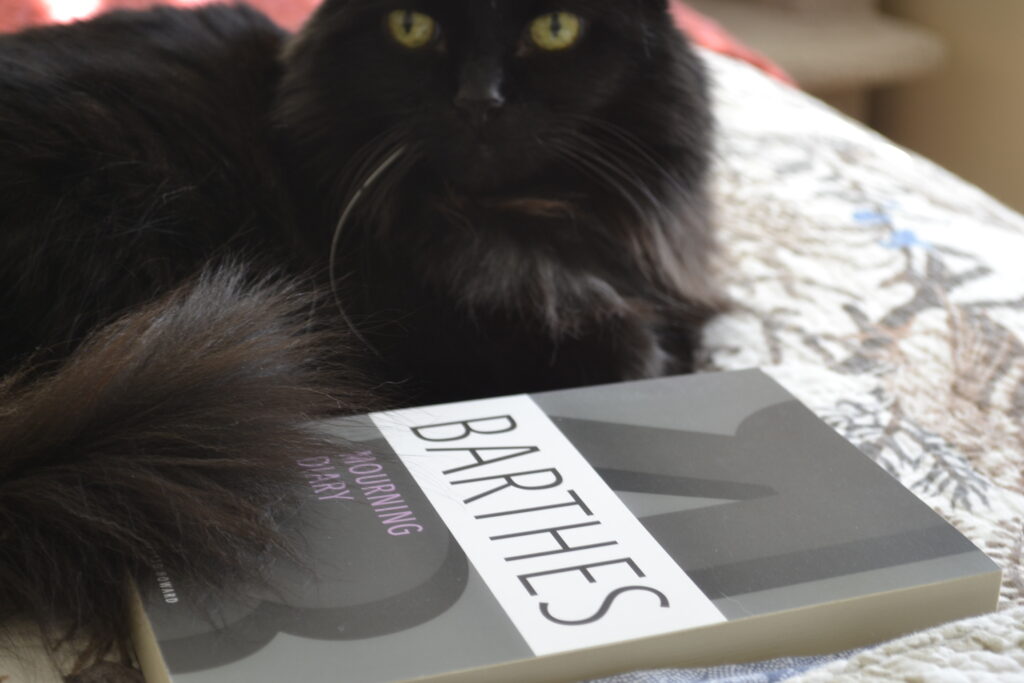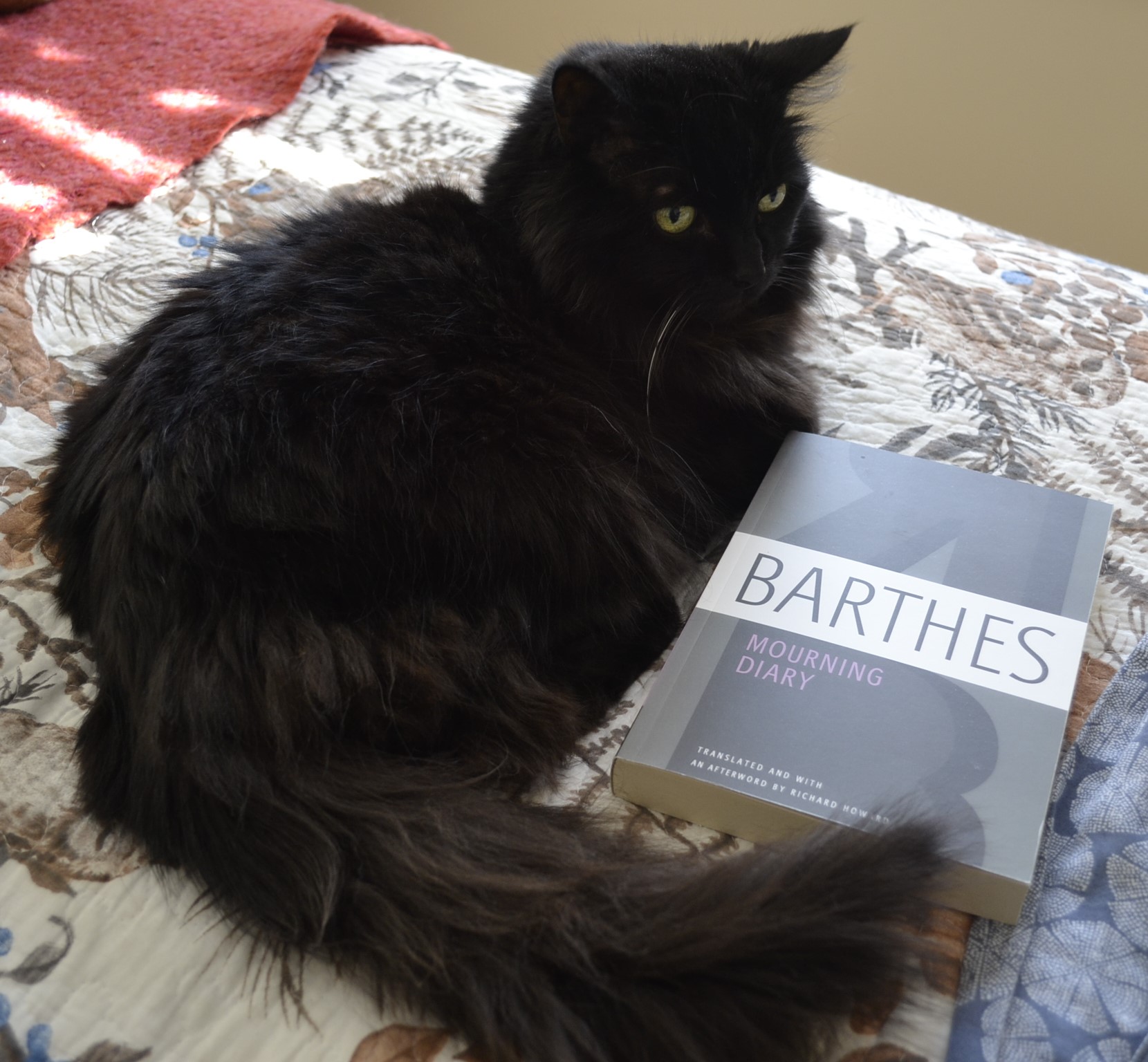Strange Reminders
I lost my grandmother three years ago this August. It doesn’t feel like she’s been gone that long, probably because I think about her every day in some capacity. I live amongst the reminders of her influence and the tokens of her presence — the book of photographs I keep in my purse just like she did, and the bird figurines that sit on my bookshelf like they used to sit in her cabinet. She was my mother just as much as she was my grandmother, and I can see her fingerprints in who I am.
I’m reminded of her often, and some of those reminders are stranger than others. I was writing to an aunt this morning and was musing to her about how Elizabeth Taylor’s hair in Who’s Afraid of Virginia Woolf? made me think of my grandmother’s hairstyle. That short, wavy, curly cut that curled around her face and highlighted her smile. She’ll always be such a present part of my life. That will never change.
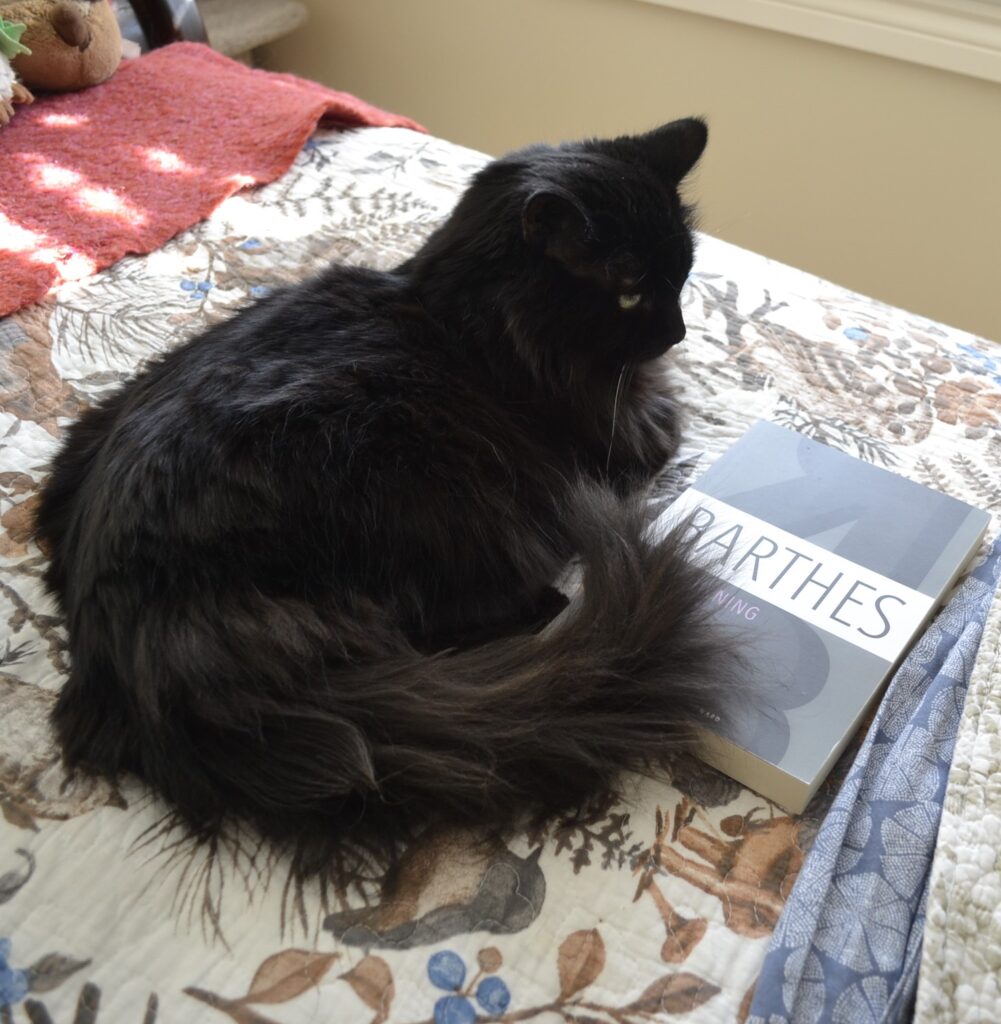
The Pull of the Diary
Of all of the forms of memoir that I read, I feel particularly drawn towards the diary. There’s something about reading the immediate thoughts of the writer as they live through and work through the moment. In Mourning Diary, Roland Barthes — who was a French literary theorist, philosopher, and critic — processes the death of his mother. The diary begins on the day after his mother’s death and continues for a couple of years after. Barthes only writes a few lines a day and does not write every day, but what he does write needs the breathing room of negative space and fractured time.
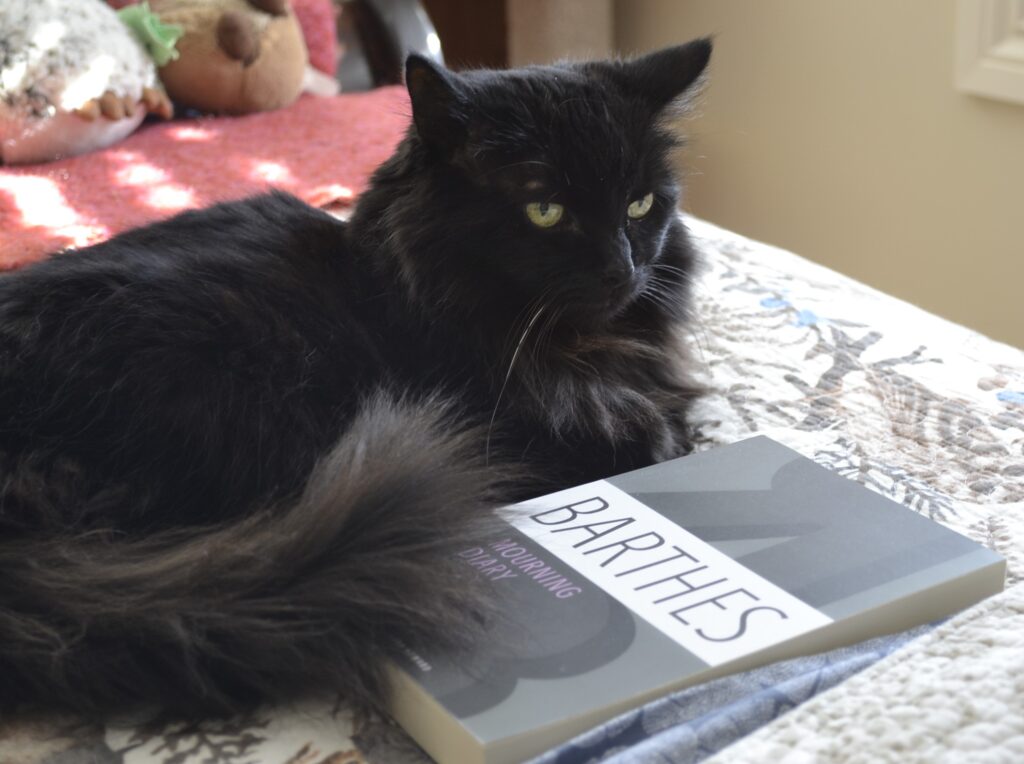
He processes not only his grief, but also examines the nature of grief in general. He attempts to describe the nuances of it, the quality of this particular type of despair, and just how his feelings change over time. Without the intimacy of a diary, I’m not sure Barthes words would have the same impact. These reflections need this medium in order to be presented to the reader without a barrier and without even the slightest bit of distance. It allows you to feel that Barthes is within your own skull, whispering directly into your stereocilia.
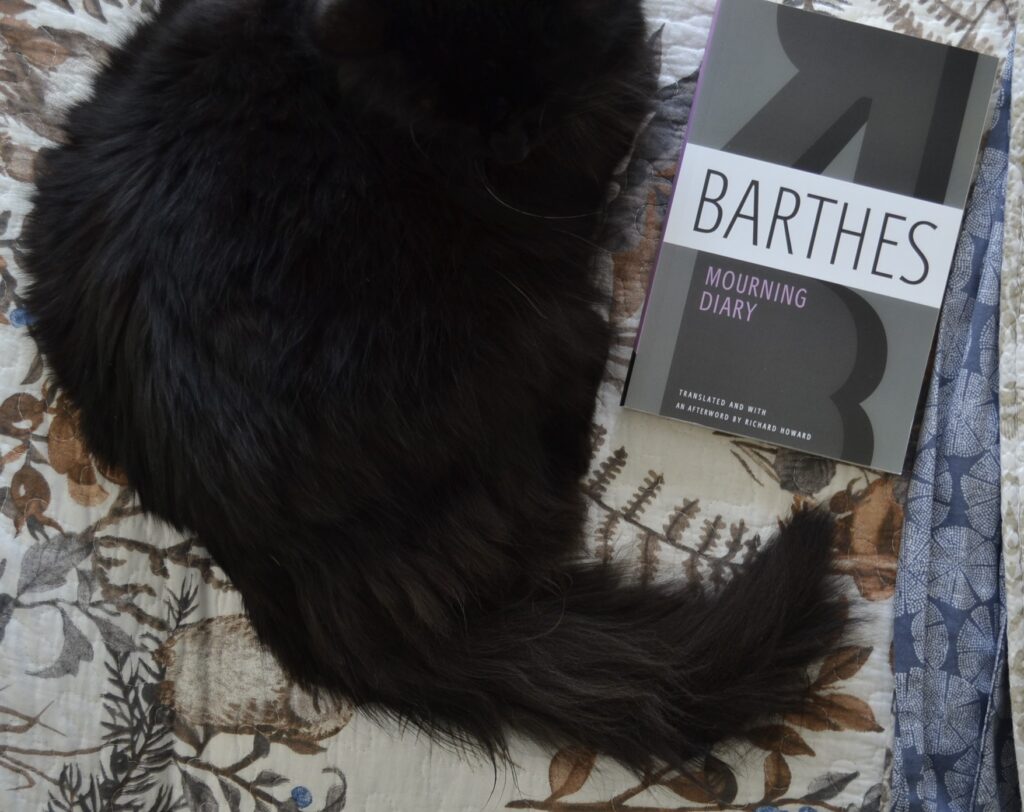
On Grief
I was never a strong believer in books on mourning helping with one’s own mourning, but I think that when I formed this belief I was young and I had also never had to process a large loss. At least not one that felt consuming or life-changing. Now that I have lost two of the people I considered my parents, I have discovered the comfort of reading the words of someone else who has experienced the same loss. Grief feels so huge and so inarticulate and because of that defiance of description and language, there is a component of loneliness and fear to it.
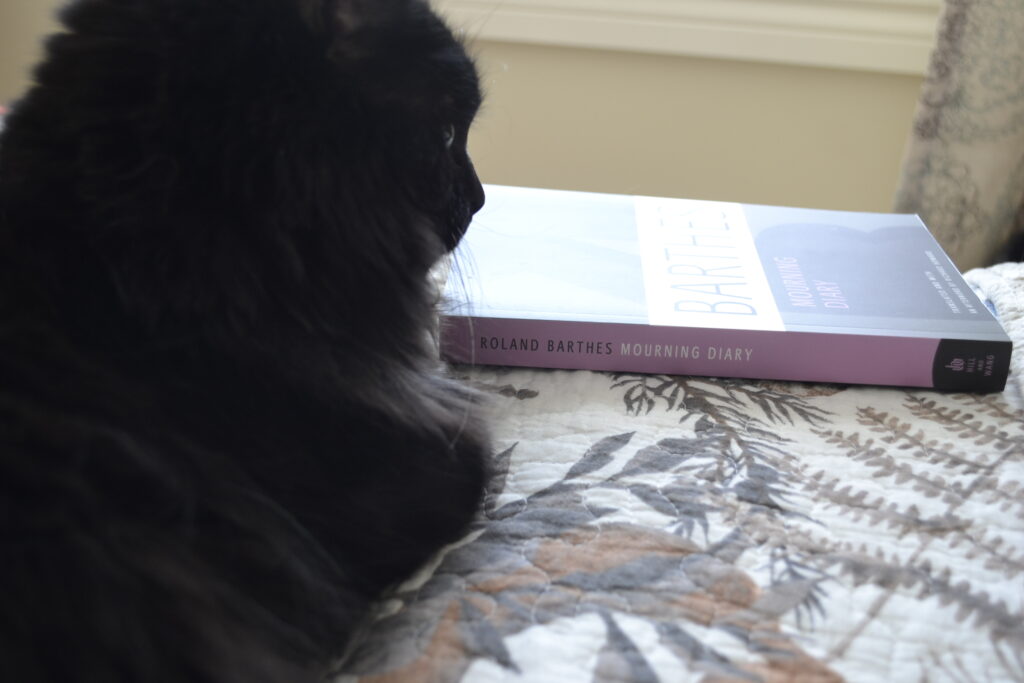
Reading about Barthes struggle, gave my own some pieces of language to describe it. It gave me something to hold on to when confronting my own feelings of loss. While not all of Barthes writing in Mourning Diary is welcome (he has some very sexist ideas of how women think, feel, and interact with the world), his meditation on grief is beautiful and poignant. It is at least a small bit of solace for the unsoothable event of loss.
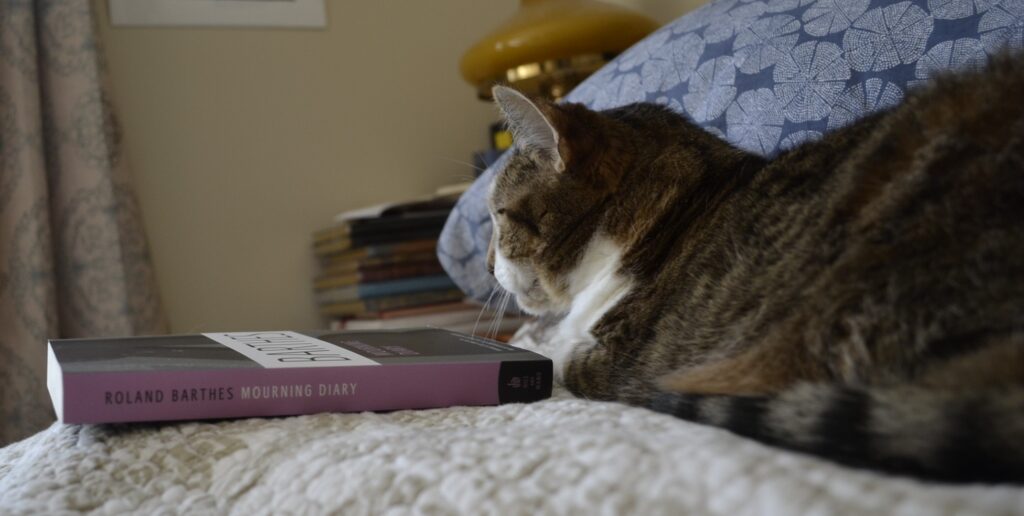
On Life
Barthes doesn’t just delve into grief, but he also details how it feels to be grieving while life is still going on all around you and the out-of-step quality that reality takes on. You seem to be outside looking in as people continue to live their lives, while yours feels stopped or broken. I personally found this aspect of mourning particularly hard to deal with. People can be so compassionate and so supportive, but it can still be hard to deal with even their good intentions in the wake of a death. It can be very difficult to let yourself move on and rejoin the flow of the everyday. Barthes discusses this awkward process, the messy and halting nature of it. It makes you feel a lot less alone.
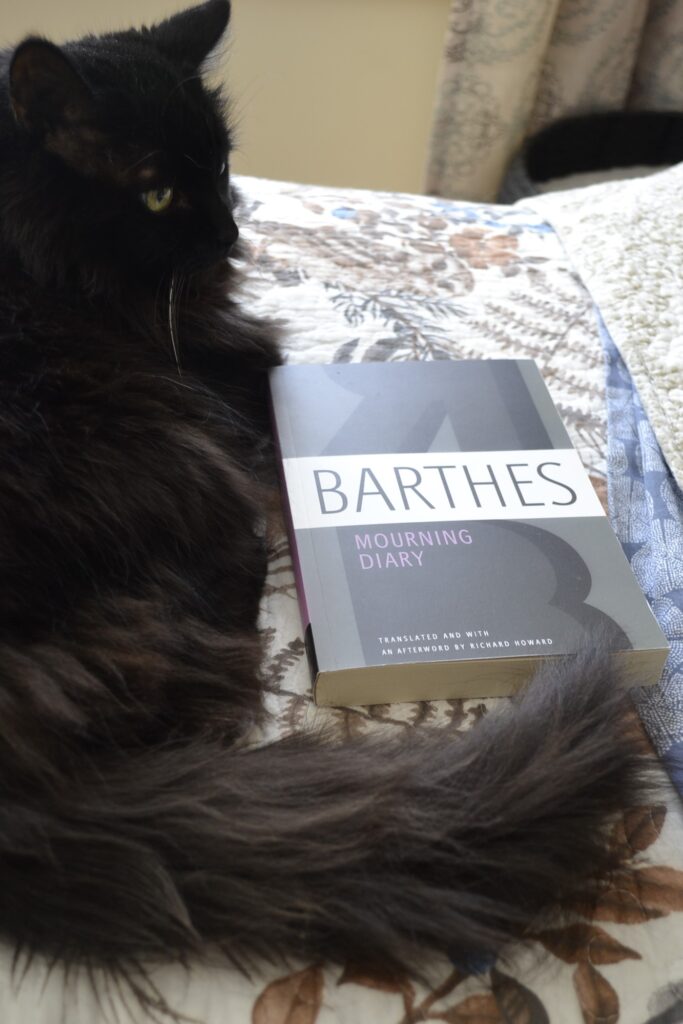
Spooky Season Approaches!
I’m sure that I don’t need to remind you that spooky season approaches! I’ve got my spooky books gathered and we’ve already splurged on some spooky kitty collars that our brood definitely disdains. At least, everyone except Rusalka who will wear the fanciest of outfits all day without even a hint of complaint.
